Notice: Undefined offset: 1 in /var/www/wp-content/themes/jnews/class/ContentTag.php on line 86
Notice: Undefined offset: 1 in /var/www/wp-content/themes/jnews/class/ContentTag.php on line 86
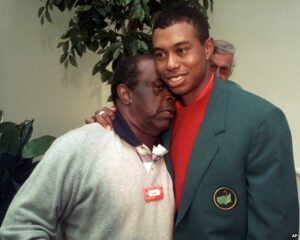
By Rickey Hampton, Founder and Editor of The African-American Athlete
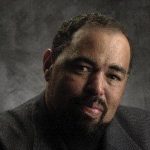
[dropcap]I[/dropcap]t is really great to see that Tiger Woods is back, and will be playing in the 2018 Masters. This is the 21st anniversary of Woods’ stunning, 1997 Masters’ victory, in which he lapped the field by 15 shots. That would be like winning the Super Bowl 50-0, or winning the NCAA basketball championship by 50 points.
That was a start to an utterly remarkable run of golf unlike anything we have seen before. Fourteen majors, 79 PGA Tour victories, which jumps to 115 victories world wide. Not even the injuries and personal strife in Woods’ life can taint his incredible accomplishments.
He, along with Jack Nicklaus, are the two greatest players in the history of the sport.
For a lot of people, golf in the black community only started when Tiger burst on the scene. Hardly. Great players like Charlie Sifford and Teddy Rhodes, who challenged and defeated the PGA Tour’s ‘Caucasion Only’ rule which prohibited blacks from competing, were the pioneers.
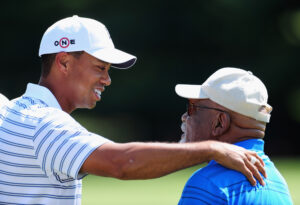
In spring of 1975, eight months before Tiger Woods was even born, Lee Elder made history when he became the first black man to play in the Masters. Elder earned his spot in the prestigious tournament with a victory at the Monsanto Open, which was played in Pensacola, Fla. It was extra special for Elder to win there, because the club that hosted the tournament, refused to accommodate Elder.
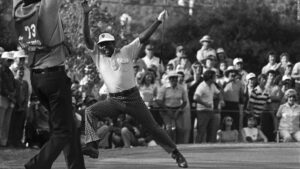
“I had made a statement that I would never go back there to Pensacola because we couldn’t go in the clubhouse. I went back in 1973 and played, then went back in 1974 and won,” said Elder in a 2015 interview with CNN. “I was so overwhelmed with the fact that I had qualified and won there, the place where the problem had occurred.”
“Then it was changed and they were going to take all tournament winners, then I knew it was a chance of getting to the Masters,
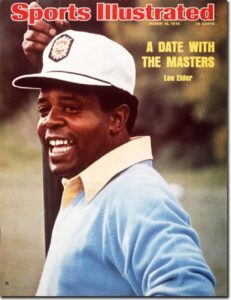
which I did.”
Elder told CNN that he considered not even playing in the Masters. He had received another round of death threats over going to Augusta. “I considered not going,’ he said. But then he thought about the history of what playing in the Masters would mean to the black community, and the game of golf.

